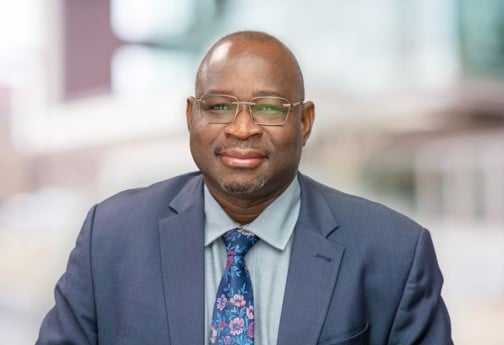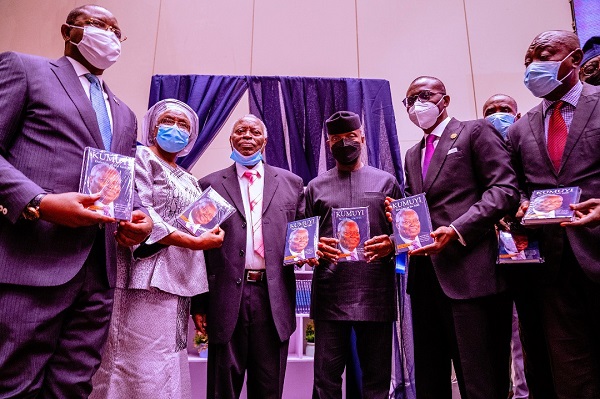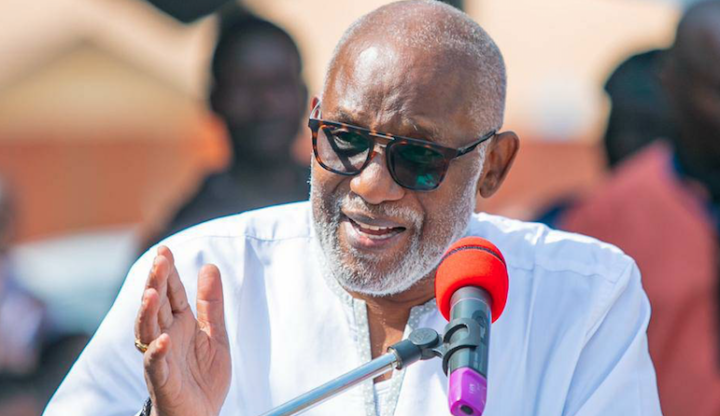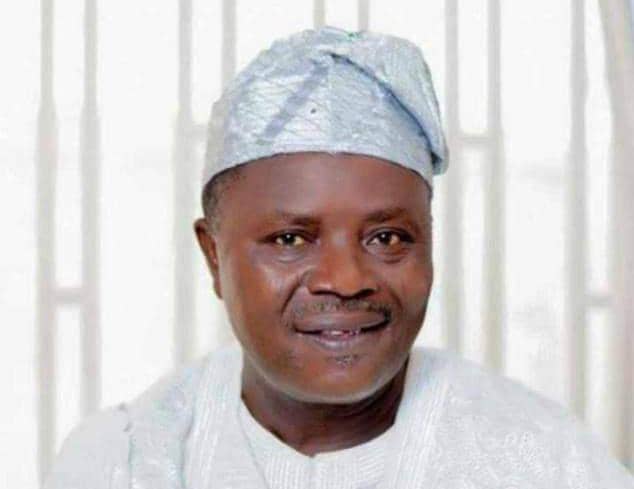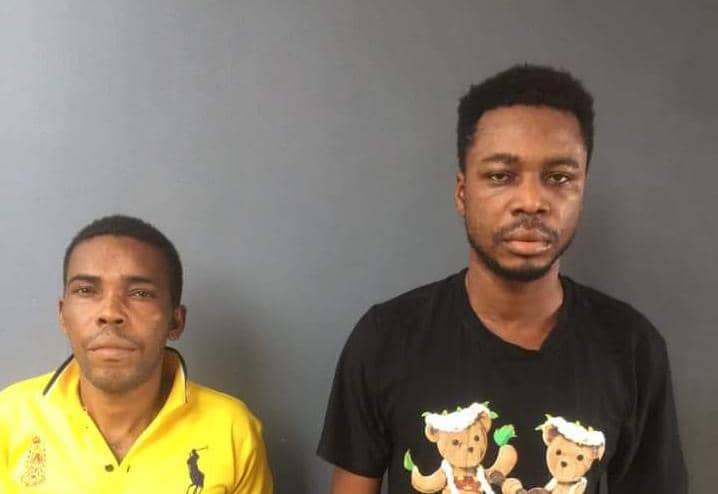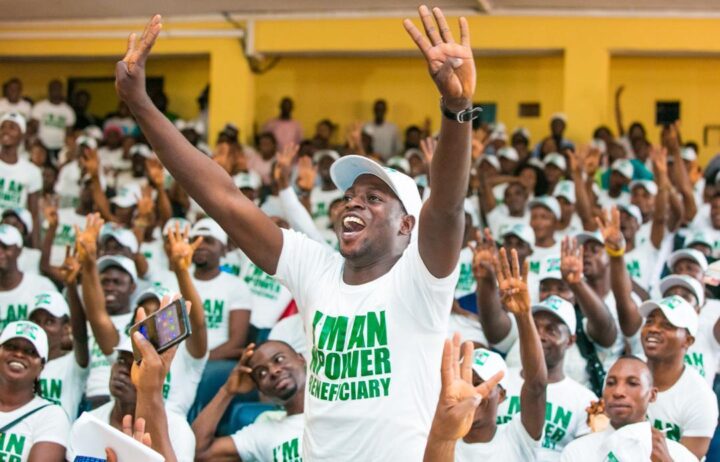Jeremie Zoungrana, the country director of the Bill and Melinda Gates Foundation (BMGF) in Nigeria, says it the foundation will like to get Nigerians to take the COVID-19 vaccine without being obliged to.
Godwin Obaseki, the governor of Edo state, had barred unvaccinated civil servants from entering government offices. It also announced that people who cannot show proof of taking at least one dose of the COVID vaccine may not be allowed to worship in mosques and churches.
Asked what the foundation’s position was on compulsory vaccination in Edo state, Zoungrana said the foundation has no position on mandatory vaccination but the foundation will like to “get people coming to take the vaccine without being obliged to take it”
“We don’t have a position on what is happening at the state level, but what I can tell you is that vaccine has been a proven intervention to really bend the curve in terms of infection and it is evidence based,” Zoungrana said.
Advertisement
“What we need currently is to ensure that the country get enough doses for people to be vaccinated. Of course, a lot of behaviour awareness communication has been on that for people to get the vaccine to protect themselves against the COVID-19 pandemic.
“Of course, vaccine hesitancy is a clear concern and many people are coming with different solutions to address it. I do believe that if we continue to emphasise on sensitising people and also clearing rumour on everything around vaccine, we’ll get people coming to take the vaccine without being obliged to take it.
“I think it is a way that people are using, many efforts are being done to sensitise and educate people on the importance of the vaccine for them.”
Advertisement
Zoungrana: Security is a big concern in Nigeria
Speaking on how the insecurity in Nigeria is affecting the interventions of the Gates Foundation in the country, the country director said its employees have had to innovate around the challenge.
“Before COVID, security has been a big issue and a big concern for all of us including the Foundation. It is clear that the security issue is not without negative impact on access to services, including service provision across the country,” he said.
“During our MoU review with states, we have many governors who attested that there are a lot of challenges with security and these impact to key essential services like immunisation.
“I think a lot of innovation have been developed together with partners to improve access in different ways. New points of services are being created for those who cannot have access and help is being proposed for some people to have some information, outreach activities are being developed.
Advertisement
“This is mainly for the internally displaced people, and also people who are in areas of difficult access. I know that other interventions are aligned to mitigate the consequence, which is also part of our area of concern, and we are working closely with states to make sure that essential services are made available.”
‘I feel like I’ve been in Nigeria forever’
Zoungrana, who was country director in Tanzania, said moving to Nigeria in 2021 feels like moving home.
“I am African, West African, raised and born in Burkina Faso, so I feel like I have been in Nigeria forever,” he told TheCable during a media chat, stating that the switch from Tanzania to Nigeria did not particularly shock him.
“The shock of course is in terms of size, but it wasn’t really a shock. I was honestly impressed by many things. First, the government strata are not the same as other countries, this is a federal government with state level full responsibility and ownership.
Advertisement
“I can say also in terms of population, Nigeria is made up of a big population. Some states are similar to some of the small countries that we have. But, the most important thing is the resilience of Nigerian people, despite COVID, security issue and all other issues like unemployment, the innovative ways of addressing things that I can see, the dynamism I am seeing.
“That is something that I will say could be a shock for somebody who is not used to it. That was a very good impression and the vision that you have to really develop the country was a good thing I saw.”
Advertisement
Zoungrana is a health sociologist and program management specialist and brings more than two decades of leadership and experience managing complex, large-scale family planning; reproductive health; maternal, newborn and child health; HIV; and community health projects across both the public and private sectors in sub-Saharan Africa.
He served as Jhpiego’s Tanzania Country Director, directing a portfolio of about $75 million in program funding covering an array of projects and donors, and managing more than 600 staff.
Advertisement
His career has also spanned Country Director roles in Rwanda and Program Manager for Cameroon, Mali, Mauritania, Niger, and Togo focused on maternal and newborn care.
Advertisement
Add a comment

